

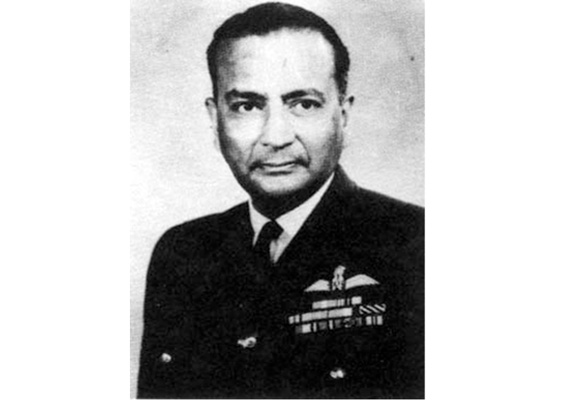
Air Chief Marshal P. C. Lal: batch of 1933, belonged to the first batch of students who passed out of the new building on Barakhamba Road. Having joined the Indian Air Force in 1939, he saw active service in the Second World World War on the Burma front, and earned the Distinguished Flying Cross for undertaking hazardous reconnaissance flights deep inside Japanese held territory. He was appointed Chief of Air Staff in July 1969, and led the IAF to victory in the 1971 Bangladesh Liberation War. He was conferred with the Padma Bhushan and Padma Vibhushan for his most exemplary and distinguished services to the nation.
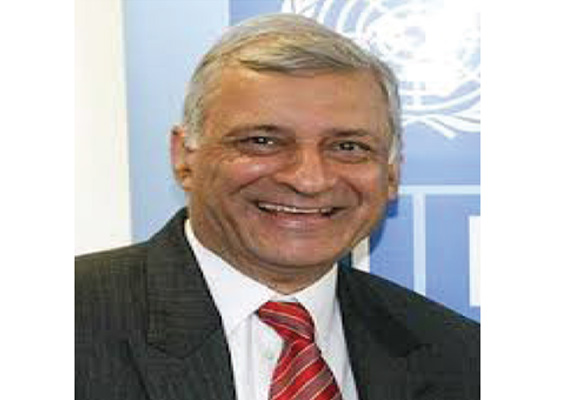
Mr. Kamalesh Sharma: batch of 1957 served as India’s Ambassador to eight nations including as High Commissioner to the United Kingdom and Ambassador and Permanent Representative to UN offices in Geneva and New York. He also had a stint with the United Nations as its Under Secretary-General. He was conferred the Medal of the Foreign Policy Association of America in 2003 for services to internationalism. He served as the 5th Secretary-General of the Commonwealth from 2008 to 2016. He was the Chancellor of Queen’s University, Belfast from 2009 to 2014 and is currently the Chancellor Emeritus.
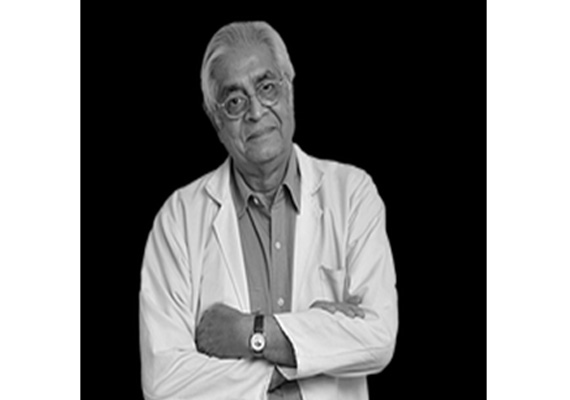
Dr. Sushil Choudhry: batch of 1959 is the Managing Trustee of the ICare Eye Hospital & Postgraduate Institute, NOIDA, which last year operated over 22,000 patients out of which almost 64% were for charity. His ICARE Charitable Foundation which provides eye care to the under privileged rural population annually screens and treats approximately 1,50,000 people for eye disease and performs about 8000 surgeries free or at a very subsidized cost. He has set up 19 Rural Pick-Up Centres in Haryana, Rajasthan, Uttar Pradesh and the slums of Delhi to ensure that quality ophthalmic care reaches the footsteps of the rural population where no medical aid is available.

Mr. Arun Khanna: batch of 1964, was among the four students of Delhi University who,on 14th February, 1966, intercepted a vehicle carrying money to be deposited with State Bank of India, which had been hijacked by two armed criminals, who had also fatally stabbed the cashier.
The students successfully caught one of the criminals and recovered the entire money. For this extraordinary act of bravery, Mr. Arun Khanna and his fellow students were awarded the Ashok Chakra Class II
(redesignated as Kirti Chakra) by the President of India.
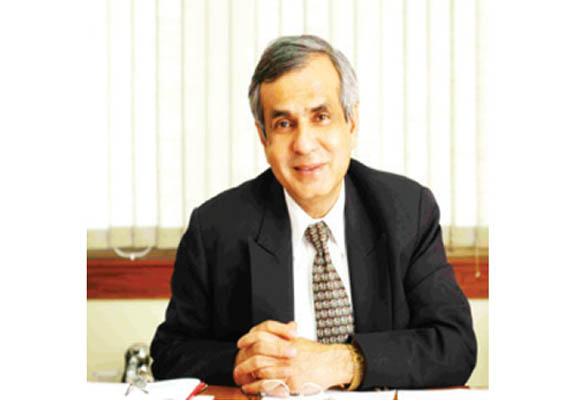
Dr. Rajiv Kumar: batch of 1968 is a Senior Fellow at the Centre for Policy Research. He is the Chancellor of the Gokhale Institute of Economics and Politics in Pune and the Founding Director of Pahle India Foundation, a non-profit research organisation that specialises in policy-oriented research and analysis. He is a board-member of several international and national institutions, including the King Abdullah Petroleum Studies and Research Center in Riyadh, the Economic Research Institute for ASEAN and Asia in Jakarta, the State Bank of India, and the Indian Institute of Foreign Trade.
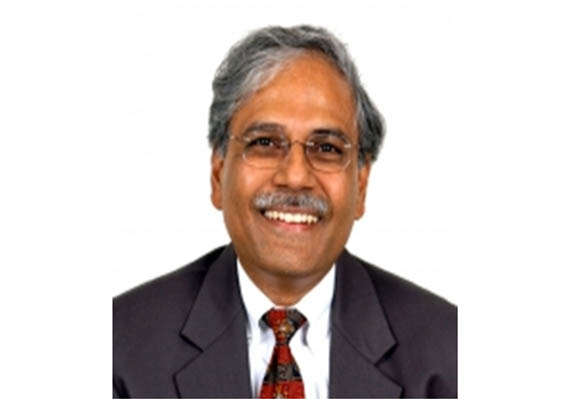
Dr. Shekhar Shah: batch of 1972, is presently the Director-General of the National Council for Applied Economic Research, which is India’s oldest and largest independent, non-profit, economic policy research institute. He was associated with the World Bank as its Regional Economic Adviser for South Asia.
Among his many works is the flagship paper “Can South Asia end poverty in a generation?”
that provides the inspiration and the title for the South Asia Blog.
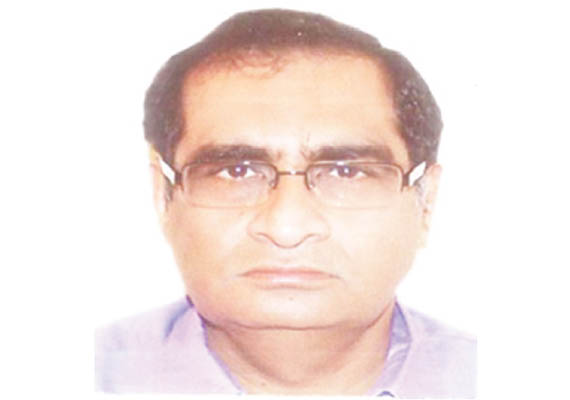
Mr. Rajiv Nayar: batch of 1973, was appointed as the first Standing Counsel for the Government of India for the Delhi High Court in 1989, and designated as a Senior Advocate by the Delhi High Court in 1997. He is reckoned among the top legal luminaries in India in the fields of dispute resolution, arbitration, commercial laws, international trade and other allied areas, having represented large MNCs and public sector enterprises in various fora across the country. He is also a member of the prestigious Delhi International Arbitration Centre.

Dr. Rajiv B. Lall: batch of 1974, was the MD and CEO of IDFC, and then its Executive Chairman. He is the founder MD and CEO of IDFC Bank Limited. He is a member of several important government and industry body committees concerning the financial sector, infrastructure, and NBFCs, among others.
He has also been the President of Bombay Chamber of Commerce and Industry. He is the founder of the Lok Capital Group, which facilitates affordable financial services to low income households.

Dr. Harsh Kumar: batch of 1976 is the Director, Glaucoma Services, Centre for Sight and Consultant at Indraprastha Apollo Hospital New Delhi, and is internationally recognized as a stalwart Eye Surgeon. He and his co-authors invented nine procedures using laser technology. He has been awarded numerous honours which include the Padma Shri in 2015, and the International Scholars Programme Award by ECFMG USA.
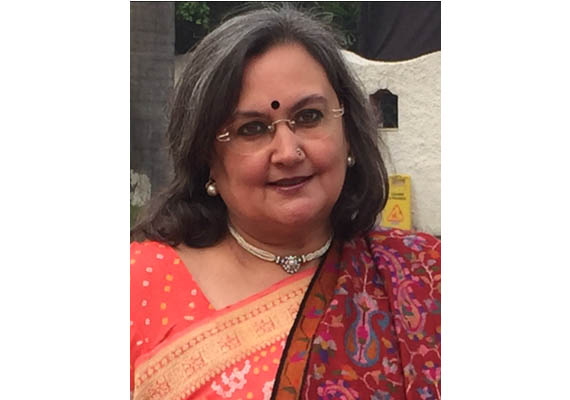
Mrs. Mira Pradeep Singh: batch of 1982, is the Chairperson of the Delhi Cheshire Home, which is the largest Cheshire Home in India. Delhi Cheshire Home has 79 physically and mentally handicapped residents. She is also a Member of the Cheshire Home National Trust, which is the apex governing body for the 22 Homes situated across India. As the main force behind the World Memorial Fund for Disaster Relief, she has reached out to care for countless underprivileged people afflicted with tuberculosis in Delhi.
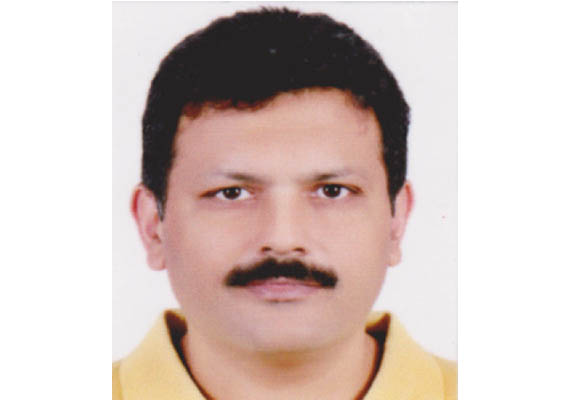
Mr. Samresh Jung: batch of 1988, popularly known as “Goldfinger” for his most skilful shots, is one of the most well known sports personalities in India. Among the laurels won by him are two gold medals at the South Asian Federation Games in 1997, two gold medals at the 2002 Manchester Common Wealth Games, and 8 medals at the XVIII Commonwealth Games at Melbourne in 2006, of which 5 were gold. He was also awarded the David Dixon Award for the Best Athlete at the Melbourne Commonwealth Games. He is a proud recipient of the prestigious Arjuna Award.